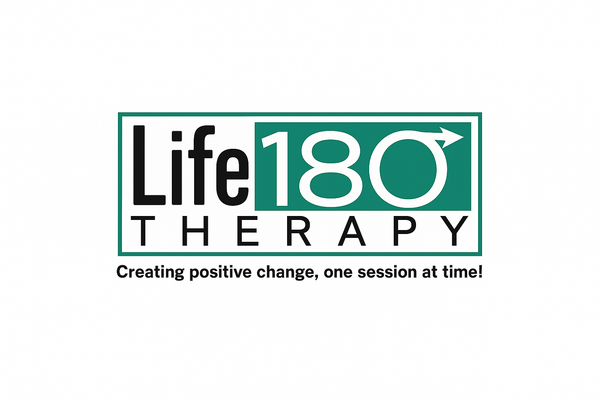Couples Therapy, also known as couples counseling or marriage counseling, can offer numerous benefits for partners experiencing relationship difficulties. Here are some of the benefits, what to expect from therapy sessions, common relationship conflicts addressed, and typical treatments utilized in couples counseling:
Benefits of Couples Therapy:
- Improved Communication:Couples therapy can provide a safe space for partners to express their thoughts and feelings openly, leading to better communication and understanding.
- Conflict Resolution:Therapy helps couples identify and address conflicts in healthier ways, leading to more effective resolution of disagreements.
- Enhanced Intimacy: Couples therapy can help partners rebuild emotional and physical intimacy, fostering a deeper connection and closeness.
- Increased Understanding: Therapy sessions facilitate a better understanding of each other's perspectives, experiences, and needs, promoting empathy and compassion.
- Building Trust: Through guided discussions and exercises, couples can work on rebuilding trust and repairing breaches in their relationship.
- Skill Building: Couples therapy equips partners with practical tools and strategies to navigate challenges and maintain a healthy relationship.
What to Expect from Therapy Sessions:
- Initial Assessment: The therapist will conduct an assessment to understand the couple's concerns, history, and goals for therapy.
- Establishing Goals: Collaboratively, the therapist and couple will establish specific goals to work towards during therapy.
- Open Dialogue: Sessions involve open dialogue where both partners are encouraged to express their thoughts, feelings, and concerns in a supportive environment.
- Feedback and Guidance: The therapist provides feedback, guidance, and perspective to help the couple understand their dynamics and develop healthier patterns.
- Homework Assignments: Couples may be given assignments or exercises to complete between sessions to practice newly learned skills and reinforce progress.
- Progress Evaluation: Periodically, the therapist will assess progress towards goals and adjust interventions accordingly.
Common Relationship Conflicts Addressed:
- Communication Issues: Including poor communication, misinterpretation, or lack of effective communication skills.
- Conflict Resolution:Difficulty resolving disagreements, leading to recurring arguments or gridlock.
- Trust Issues:Infidelity, betrayal, or breaches of trust that undermine the foundation of the relationship.
- Intimacy and Connection:Challenges with emotional or physical intimacy, feeling disconnected or emotionally distant.
- Parenting Conflicts: Differences in parenting styles or disagreements related to children and family dynamics.
- Financial Stress: Disagreements over money management, financial priorities, or economic stressors impacting the relationship.
Common Treatments for Couples Counseling:
- Cognitive-Behavioral Therapy (CBT): Focuses on identifying and changing negative thought patterns and behaviors that contribute to relationship issues.
- Emotionally Focused Therapy (EFT): Aims to help partners recognize and express their underlying emotions and attachment needs to foster a secure bond.
- Gottman Method Couples Therapy: Based on Dr. John Gottman's research, this approach emphasizes strengthening friendship, managing conflict, and creating shared meaning in the relationship.
- Imago Relationship Therapy: Focuses on understanding and healing childhood wounds that affect adult relationships, emphasizing empathy and understanding.
- Solution-Focused Therapy:Concentrates on identifying solutions and building on strengths rather than dwelling on problems or past issues.
- Narrative Therapy: Helps partners reframe their relationship narrative and identify alternative perspectives and possibilities.
Remember that the effectiveness of couples therapy depends on various factors, including the willingness of both partners to engage actively in the process and the compatibility between the couple and therapist. It's essential to approach therapy with openness, commitment, and a willingness to work together to strengthen the relationship.
